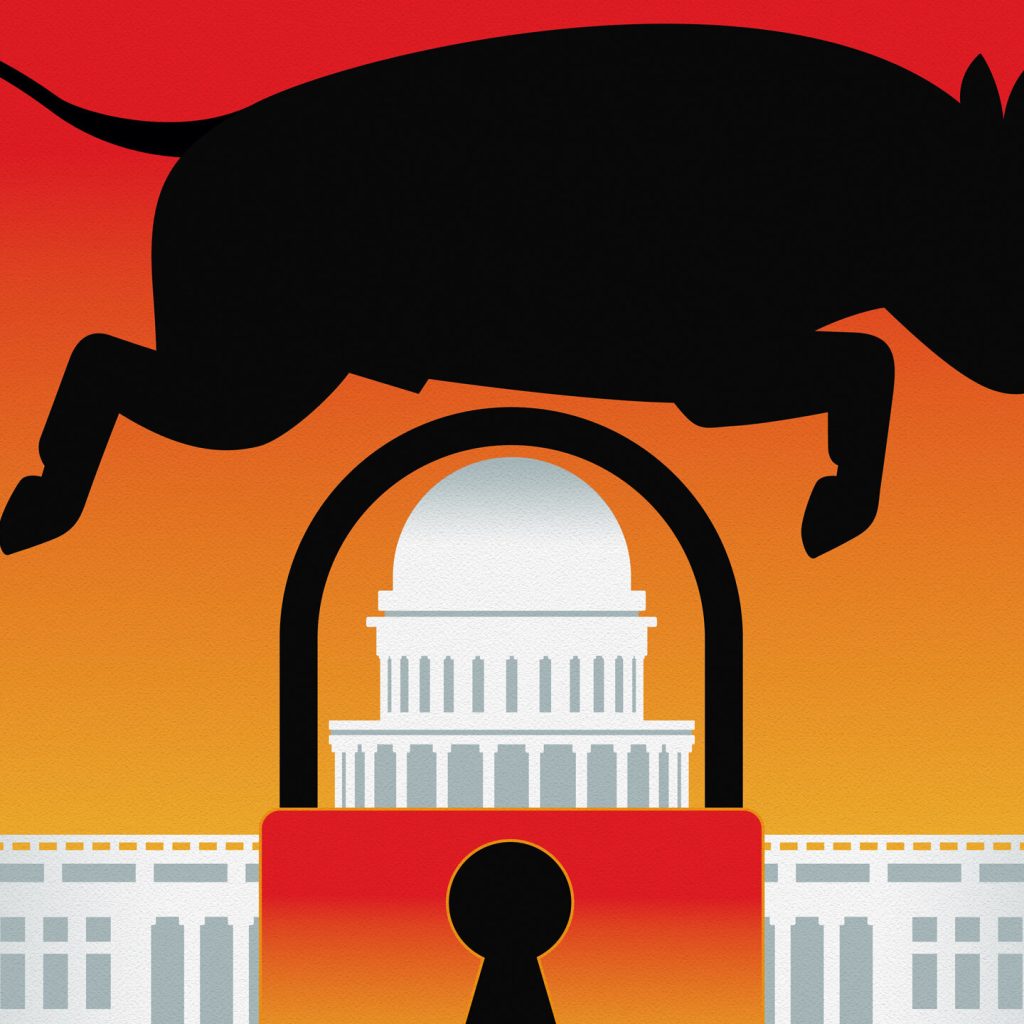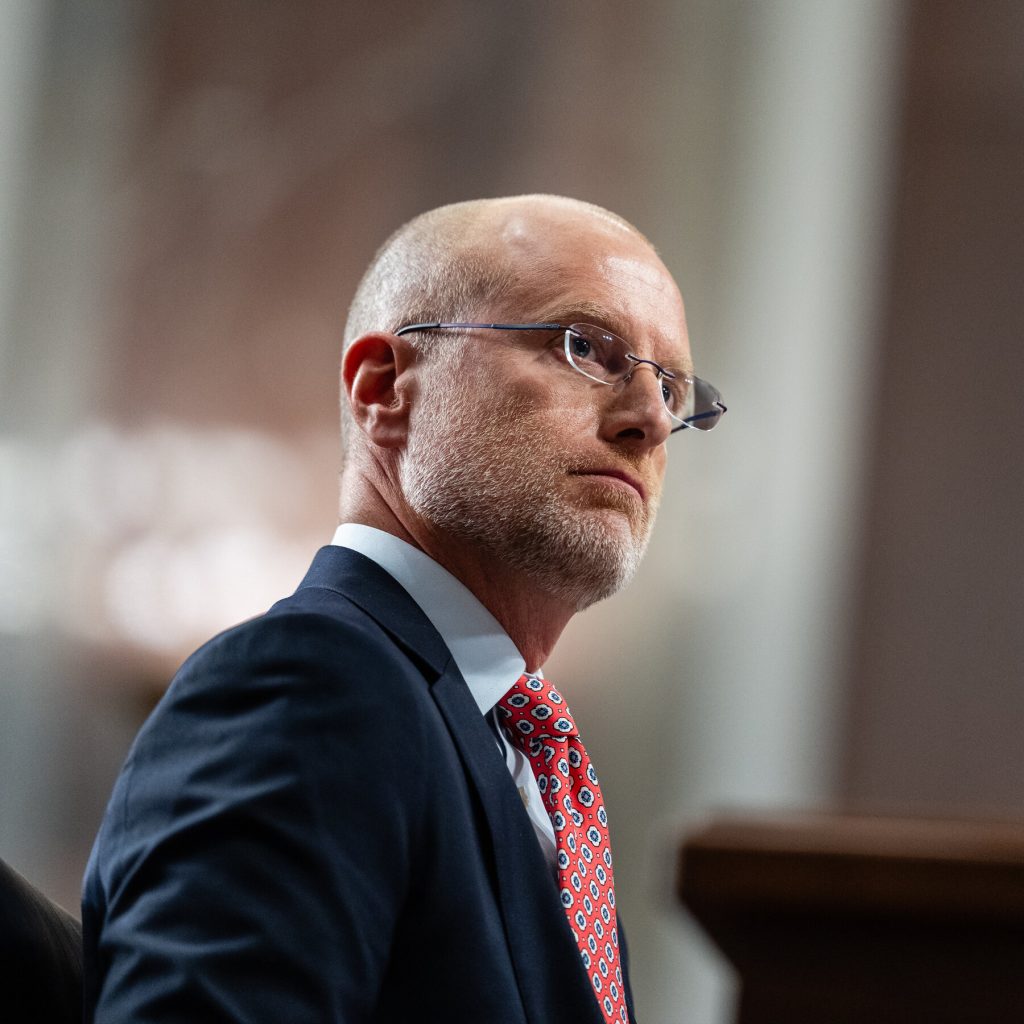For Investors, Government Shutdowns Haven’t Mattered. Is This Time Different?

As the United States teeters on the brink of another government shutdown, investors are left wondering whether this time will be different from the last 22 times Congress has failed to pass a spending bill. Historically, government shutdowns have had a negligible impact on the stock and bond markets, with the economy and financial markets quickly shrugging off the disruptions. However, with the current shutdown threat looming large and the nation’s economic landscape more complex than ever, there’s a growing concern that a prolonged shutdown could have more severe consequences.
In the past, investors have largely viewed government shutdowns as a non-event, a mere political skirmish that would ultimately be resolved without lasting damage to the economy. The stock market has often barely flinched, and in some cases, even rallied during shutdowns, as investors bet on a swift resolution and the government’s ability to avert a full-blown crisis. The bond market, too, has been relatively unaffected, with Treasury yields remaining stable as investors continued to view U.S. debt as a safe-haven asset.
However, there are reasons to believe that this time might be different. The current shutdown threat is tied to a bitter partisan standoff over a range of issues, including border security, immigration, and spending priorities. The confrontation has been more intense than usual, with no clear endgame in sight, raising the risk that a shutdown could last longer than the typical few days or weeks.
Moreover, the economy is not in the same shape as it was during previous shutdowns. The U.S. is experiencing a late-cycle expansion, with some warning signs of a potential slowdown. Consumer spending, business investment, and job growth have all started to show signs of fatigue, making the economy more vulnerable to disruptions. A prolonged shutdown could exacerbate these trends, potentially leading to a more significant impact on financial markets.
Additionally, the Federal Reserve’s recent decision to pause its interest rate hike cycle and the ongoing trade tensions with China have added to the economic uncertainty. A government shutdown could further complicate the Fed’s policy decisions, potentially leading to increased market volatility.
While it’s impossible to predict with certainty how this shutdown will play out, investors are undoubtedly on edge. As the clock ticks down to the shutdown deadline, markets will be closely watching for any signs of a resolution. If a shutdown does occur, investors will be monitoring its duration and the subsequent policy responses to gauge the potential economic fallout.
In conclusion, while past government shutdowns have been largely irrelevant to investors, the current situation carries a higher degree of risk. The combination of a more complex economic landscape, intense partisan politics, and a potentially longer-lasting shutdown has raised the stakes. As the nation hurtles toward another government shutdown, investors are right to wonder: is this time different?



